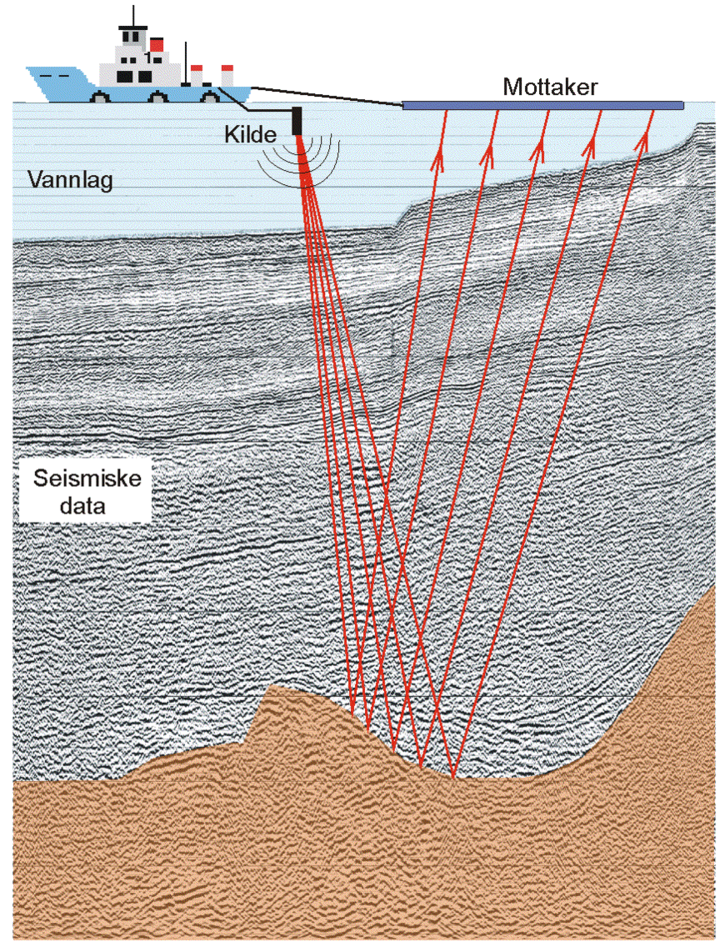All Categories
Featured
Table of Contents
Geology And Geophysics - Careers And Employment in Yokine WA 2022
This work is significantly contracted out, so consultancies offer another source of work. Consultancy companies vary in size, from extremely small business to large multinationals. Some consultancies are rather specialised in utilizing particular geophysical strategies or working in specific areas, while others provide a more varied series of services to their customers.
The extraction of gas from land fill websites is another location of work and this might grow in the future. Expedition companies might undertake work for building and construction firms, public utility, mining business and ecological firms, so geophysicists might be employed in any of these settings. Other employers include: geological surveysgovernment bodies and agenciesuniversities and research study institutes.


Vacancies might be listed in the oil and gas sector press. Recruitment is affected by oil rate fluctuations and the level of competitors for positions varies depending upon this. Professions Days, which cover the full series of geoscience careers and are typically gone to by a variety of key industry employers, are run by The Geological Society.
Integrated Geophysical Surveys For The Safety in Samson Aus 2023
Some of the big oil and gas business offer a full two-year structured training programme throughout the breadth of geophysics, including the opportunity to experience operate in various teams prior to specialising in one area. Your training might include work on: existing wellsmagnetic and gravitational potential field data analysisresearchrock analysis. Nevertheless, it's more normal for your initial training to be supplied on the task.

There may be a probationary duration during which you work together with a skilled associate. Competency-based appraisals happen routinely in a lot of companies. In smaller sized companies, and for academic posts, there is not likely to be any formal training - you'll be expected to begin work straightaway and get abilities as you go along.
If you work for a smaller sized company, you may find that you need to take responsibility for setting up and funding your own advancement and training. If you have a geology degree, subscription of The Geological Society can be useful for networking and for keeping up to date with the industry.
Geophysical Survey - Durham University in Leederville Western Australia 2023
You might also discover it helpful to sign up with the PESGB (The Petroleum Exploration Society of Great Britain, which has a geophysics unique interest group. After a probationary duration, and as soon as you have actually acquired some experience, you might advance to senior geophysicist, then team leader and then into a senior role in management.
The ease of movement in between roles depends upon the company structure. Research study at Masters or Ph, D level in a subject related to geophysics or geosciences might aid with your profession development and development. The employment market within the oil and gas market is really depending on price and this may impact your opportunities for profession development.
However, not all tasks depend on the oil and gas industries. For knowledgeable geophysicists, freelance consultancy provides an excellent route for profession development. You can also specialise in a specific location of geophysics. As a geophysicist, you're likely to have a number of tasks throughout your working life. Global mobility is vital for handling peaks and troughs in various nations at various times.
Bs In Physics: Geophysics in Madeley Australia 2021
From geophysics, it's possible to concentrate on seismology (finishing further training to become a seismic interpreter) or to move into related locations such as engineering geology or threat forecast.
Deciding what to study in college is a hard option. Even if you understand that your field of interest lies in science, what program of study is ideal for you?
The first action to accomplishing your goal of ending up being a geophysicist is earning a degree. Even for entry-level positions in the field of geoscience, you'll need a bachelor's degree (a geophysicist college degree) from a recognized college or university. Geophysicists must be able to: examine rocks, photographs, and other pieces of data perform research both in the field and in labs develop maps and charts of their findings write reports To achieve all this, trainees require a specialized education for geophysicist professions.
As specified above, you'll need a bachelor's degree in geoscience or an associated discipline, such as a physical science or a life sciences, to land an entry-level job. Students can likewise prepare by majoring in subjects like: Biology Chemistry Computer science Engineering Mathematics Physics The above geophysicist majors provide a more generalized technique to a single scientific discipline, however most programs need trainees to take one or more geology course.
Table of Contents
Latest Posts
Geophysical And Geotechnical Assessment in Mount Hawthorn Western Australia 2020
Geophysicist Bob Embley: Ocean Exploration Careers in Alexander Heights Oz 2022
Geophysical Surveys: Definition & Methods in Woodlands Western Australia 2021
More
Latest Posts
Geophysical And Geotechnical Assessment in Mount Hawthorn Western Australia 2020
Geophysicist Bob Embley: Ocean Exploration Careers in Alexander Heights Oz 2022
Geophysical Surveys: Definition & Methods in Woodlands Western Australia 2021